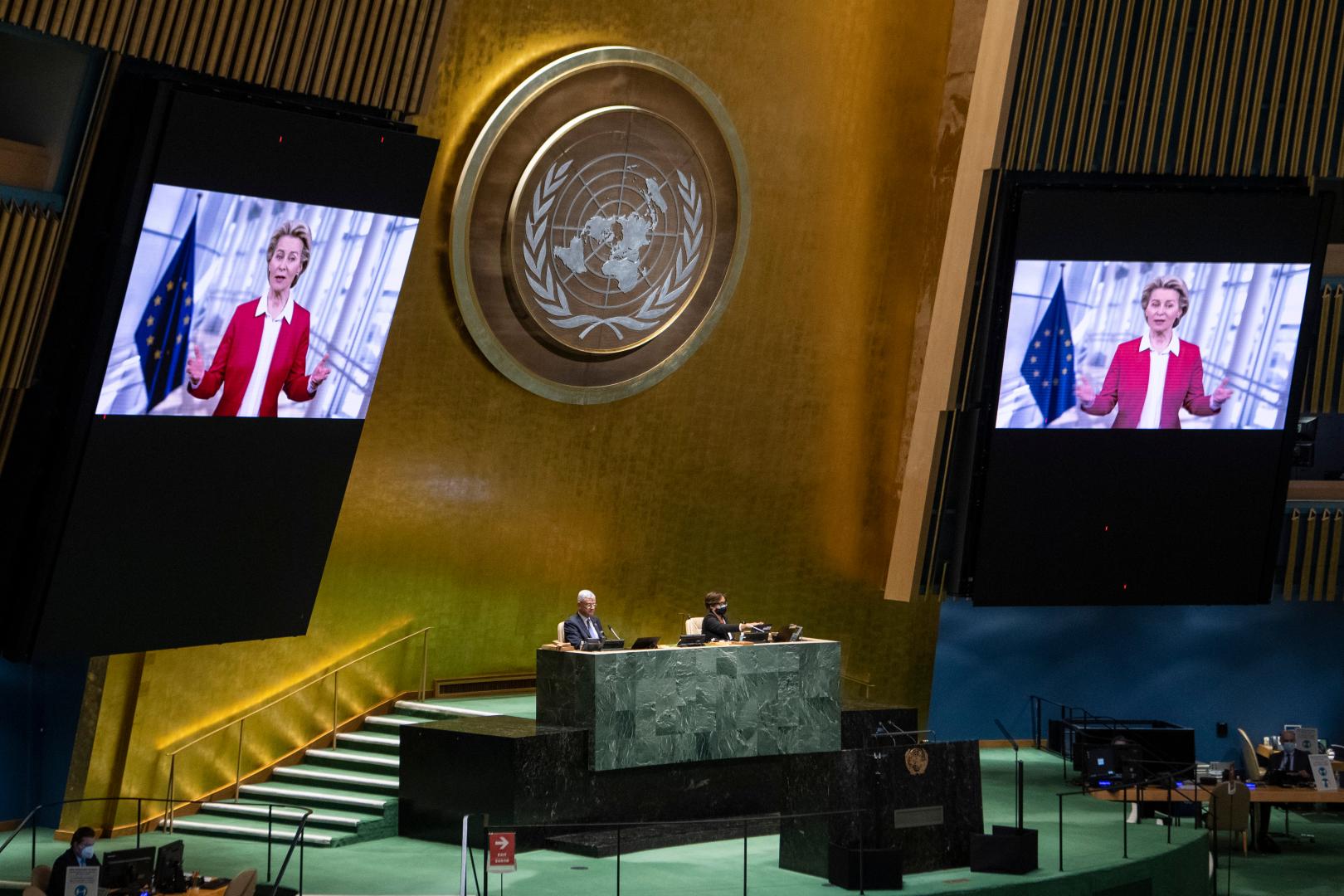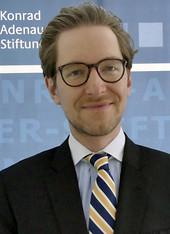Increasing the Impact of the European Union at the United Nations in New York - Brussels European Office
Covid-19, coupled with recent geopolitical changes, have put the United Nations (UN) under unprecedented strain. The future of the UN is more precarious than at any time in its 75-year history. The European Union (EU) and its Member States have played a pivotal role in supporting the UN since its creation. A rule-based international system, with the UN at its core, is central to delivering the EU’s foreign policy objectives. An effective EU presence in the UN also helps ensure a stronger UN. Closer coordination, led by the EU Delegation, has increased the EU’s performance in the UN in New York over the last eight years but there is still more to do. One the one hand, the EU has become a strong voice and a node of influence across the UN System. On the other hand, because the UN remains primarily an organization centered around Member States, there are limitations on how the EU can operate and engage in the UN; this cannot be changed by the EEAS or EU Member States acting alone.
With major powers undermining the rule-based international system, and the United Kingdom’s exit from the EU, the EU faces new challenges in the UN. At the same time, these shifting dynamics also create a unique opportunity to evaluate and strengthen the EU’s performance in the UN. The present study looks at how the EU and its Member States can build on this historic moment to further increase its impact in the UN. Specifically, the paper analyzes how the EU and its Member States operate in the United Nations General Assembly (UNGA), Security Council, Economic and Social Council (ECOSOC) as well as how they interact with the UN Secretariat and New York-based UN Funds and Programmes. The authors make specific practical recommendations on how to enhance the EU’s performance in each fora with a view to generating an in-depth discussion amongst EU Member States. They hope that EU Heads of Mission (HoMs) in New York collectively consider these recommendations and identify those that can be implemented immediately and those that require further deliberation.
Some of the key recommendations for EU interaction with UN institutions including the following:
- We recommend that EU HoMs discuss how to increase impact by giving its negotiators more room for maneuver by agreeing on an overall policy line and allowing the EU Delegation/negotiators flexibility on the detailed wording of statements.
- We recommend that EU HoMs consider how the power of the 28 (27 plus EU) Permanent Representatives in New York could be better deployed as a collective by sharing responsibility between ambassadors for building deep relationships with counterparts followed by outreach at an early stage ahead of intergovernmental negotiations.
- We recommend that EU Member States increase coordination of elections to UN expert bodies and aim to establish a roster of potential candidates for elections initially focused on budget related bodies.
- We recommend that the EU HoMs engage in a medium-term forecasting exercise every three months to identify challenges in future negotiations in the United Nations Security Council with the aim of helping the EEAS become more proactive on priority issues and potential language for resolutions.
- We recommend that the practice of a joint appearance during press stakeouts should be continued with the Head of the EU Delegation preauthorized to participate where the EU has a common position.
- We recommend that the European Commission and the Member States discuss EU extra-budgetary contributions to the UN Secretariat for priority areas of work. This would provide the UN Secretary-General with flexible funding for his priorities without the need to engage the UNGA.
- We recommend revitalizing the strategic level discussion between the UN Secretary-General and the Presidents of the European Commission and European Council including by inviting the UN Secretary-General to participate in meetings of the European Council.
- We recommend that the EU hold a dedicated Permanent Representative level discussion on Sustainable Development to identify priorities and challenges on the horizon in the different fora where it is discussed (UNGA, ECOSOC and Executive Boards of the UN Funds and Programmes).
- We recommend that building on the example of the WFP Executive Board, the EU develops a roadmap for acquiring additional speaking rights in the Executive Boards of UNDP/UNFPA and UNICEF in recognition of its position as the most important non-Member State donor.
- We recommend that, ahead of Executive Board sessions of the United Nations Funds and Programmes, EU Member States move from information sharing to light-touch coordination in New York to complement the 'Team Europe' approach, under which the EU27 and the European Commission have moved towards joint programming on the ground.





To commit you must sign in.